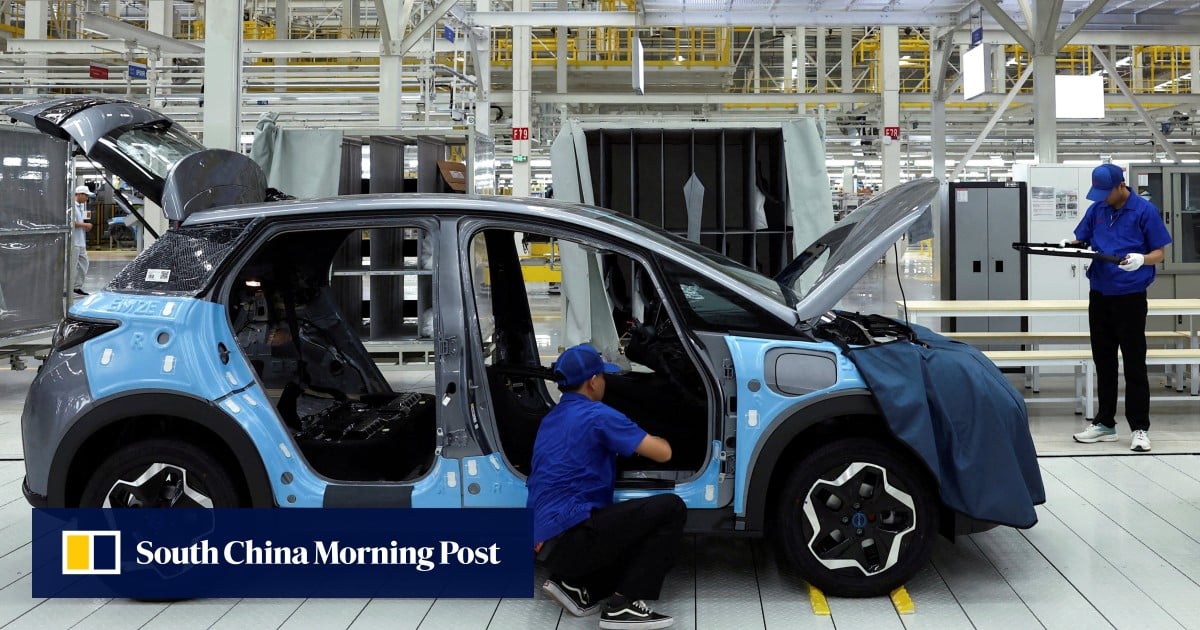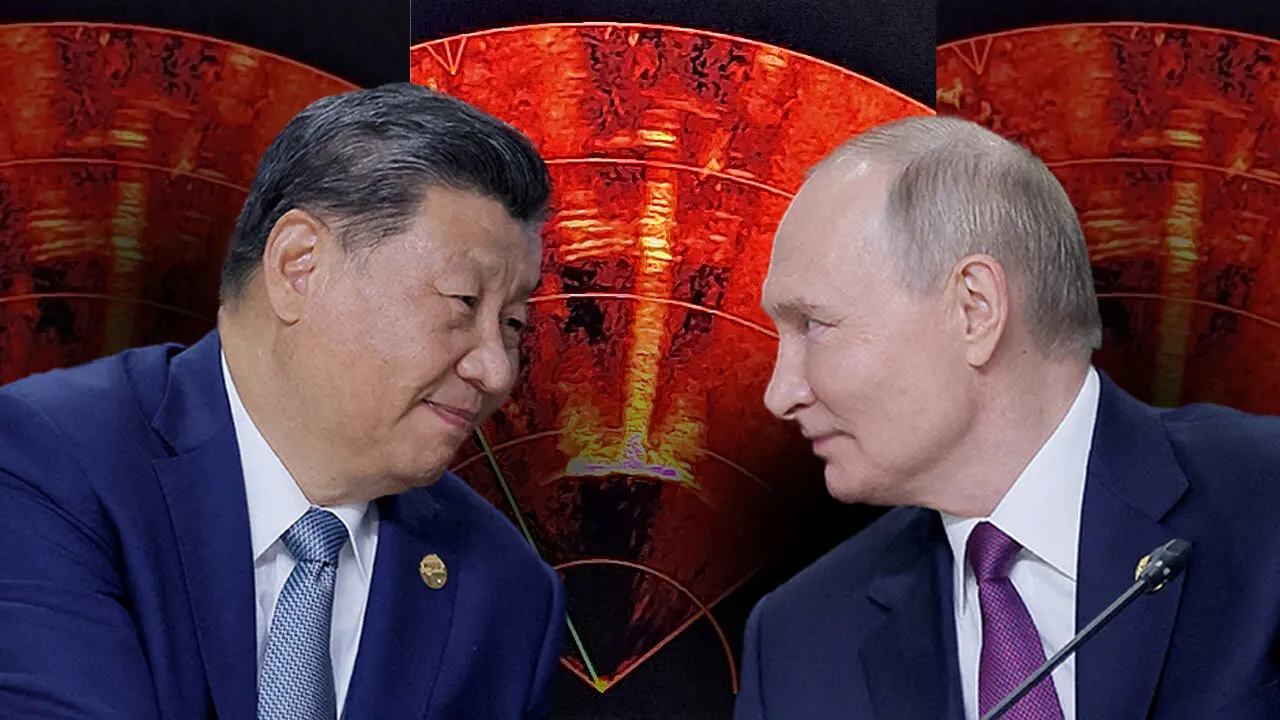Tech
US announces restrictions on exporting AI chips: How the move can impact India and global tech industry
The United States has introduced sweeping new regulations limiting the export of artificial intelligence (AI) chips, tightening rules for companies like Nvidia, as it aims to curb China’s technological advancements. These new restrictions could have a significant impact on the global AI chip market, including in India. The new rules, set to take effect within a year, impose strict limits on the computational power of AI chips sold to most countries. Exceptions are made for allied nations adhering to the US-approved security and human rights standards. These new rules are designed to prevent adversaries, particularly China and Russia, from taking advantage of advanced AI technology for military or surveillance purposes.
“Managing national security risks requires trade-offs. This rule ensures our allies can access cutting-edge technology while safeguarding our interests,” wrote US commerce secretary Gina Raimondo in a blogpost by the White House.
The regulations build on previous chip export controls, with the goal of ensuring that AI development aligns with US standards. National Security Advisor Jake Sullivan said in an official statement: “This rule ensures that the infrastructure for frontier AI systems remains in America or allied jurisdictions, preventing offshoring similar to what occurred with chips and batteries.”
Nvidia reacts
Nvidia voiced strong opposition to the new regulations. Nvidia, a leader in AI chip production, warned that the policy risks undermining America’s global technological dominance. “The rule threatens to derail innovation and economic growth worldwide,” said Ned Finkle, Nvidia’s vice president of government affairs. The company highlighted the potential unintended consequences of these restrictions, including driving customers to Chinese competitors like Huawei, which has made significant advancements in AI chips. Nvidia’s concerns align with broader industry fears that regulatory overreach could stifle competition.
Global reactions and EU concerns
China condemned the US measures, accusing the US government of disrupting international trade and innovation. The European Union also expressed apprehension, noting that the restrictions could strain transatlantic tech collaboration. “It is in the US economic and security interest that the EU buys advanced AI chips without limitations,” EU officials said.
The Indian angle
India, which has been pushing for AI and semiconductor manufacturing lately, could find itself at an advantage due to its strategic partnerships with the US. The restrictions exclude supply chain activities and gaming chips, but they bar exporting AI chips to nations like China and Russia. This policy could potentially redirect investments and resources toward countries like India, strengthening its position in the global AI and tech ecosystem.










